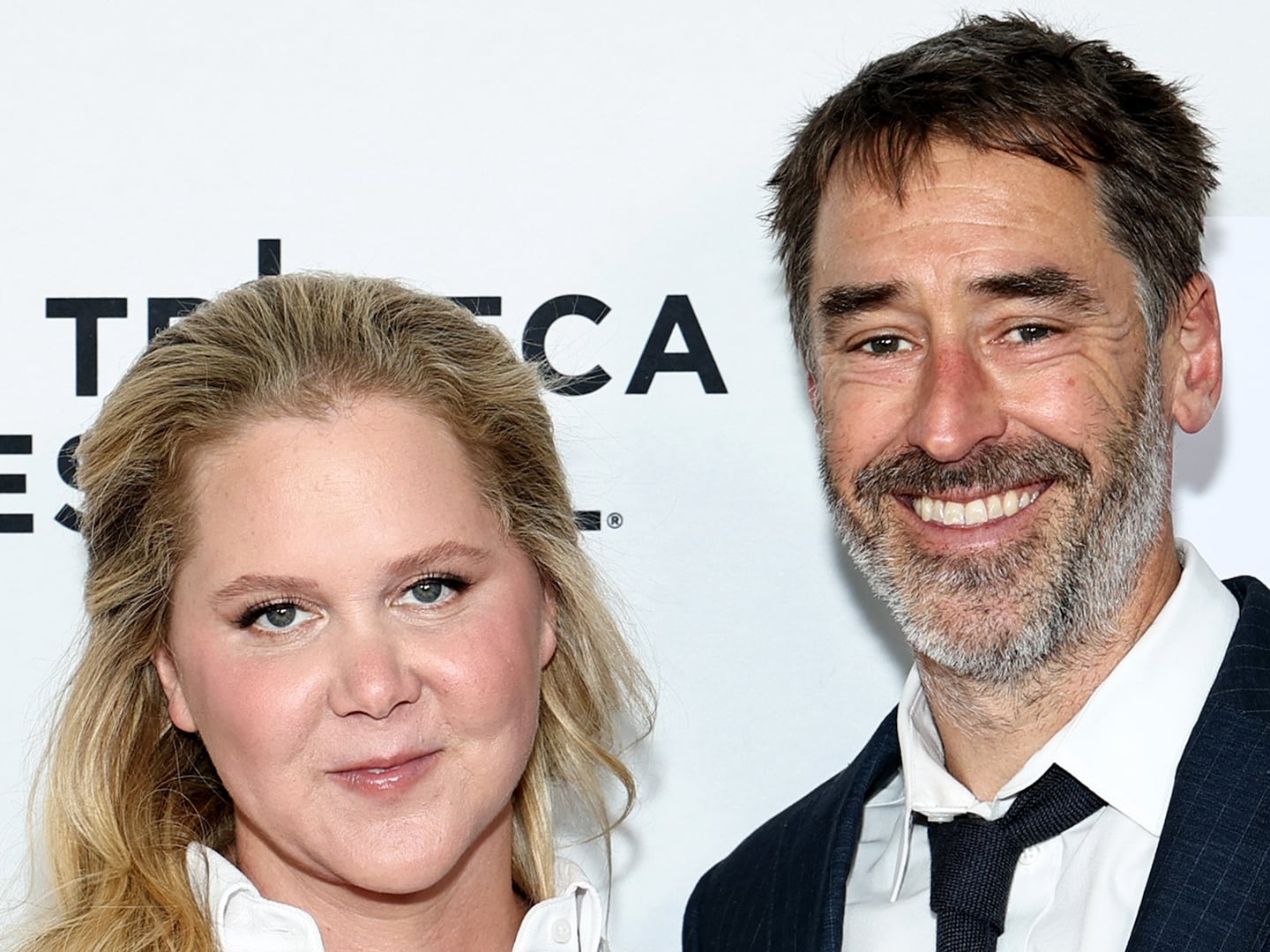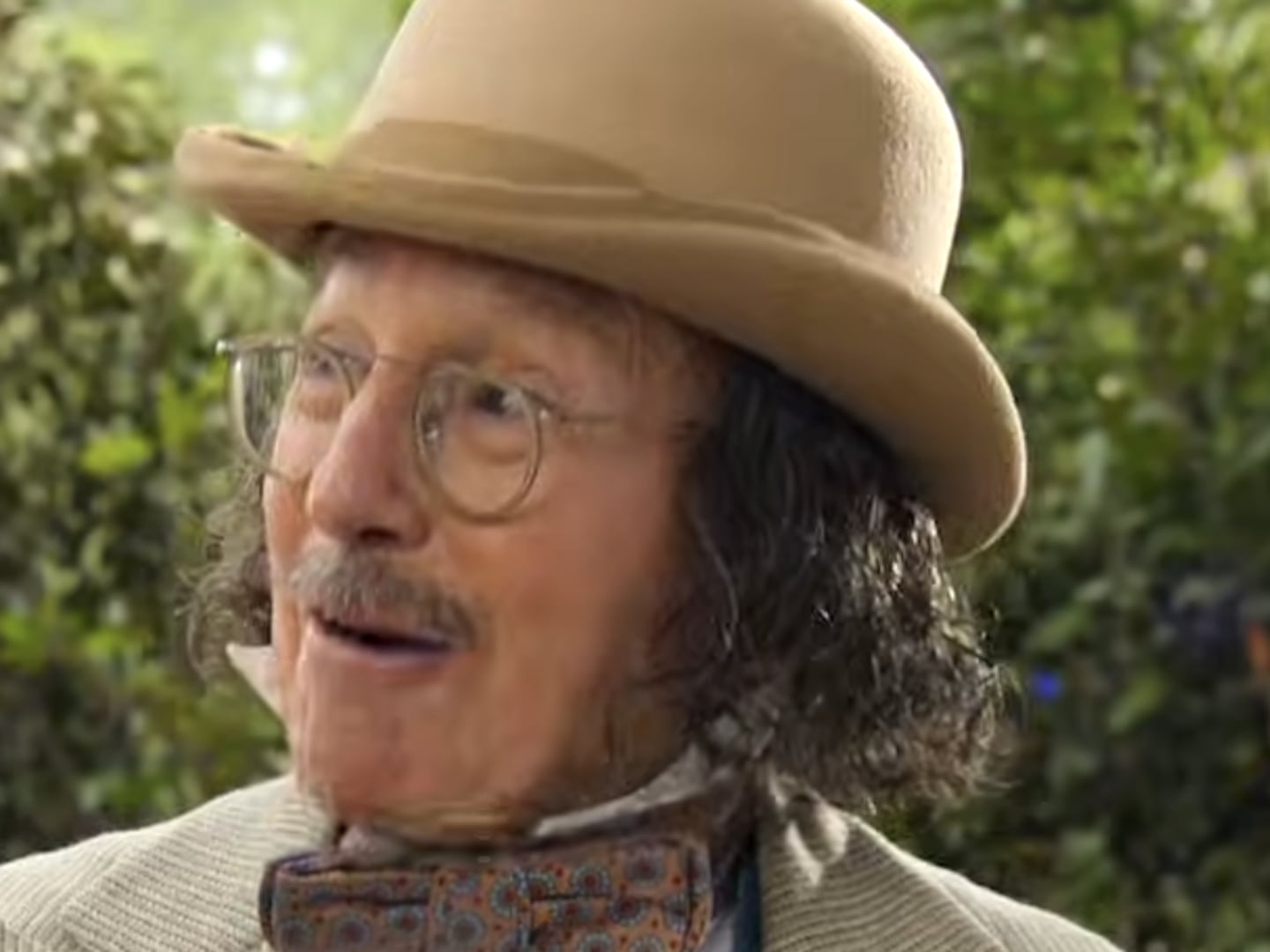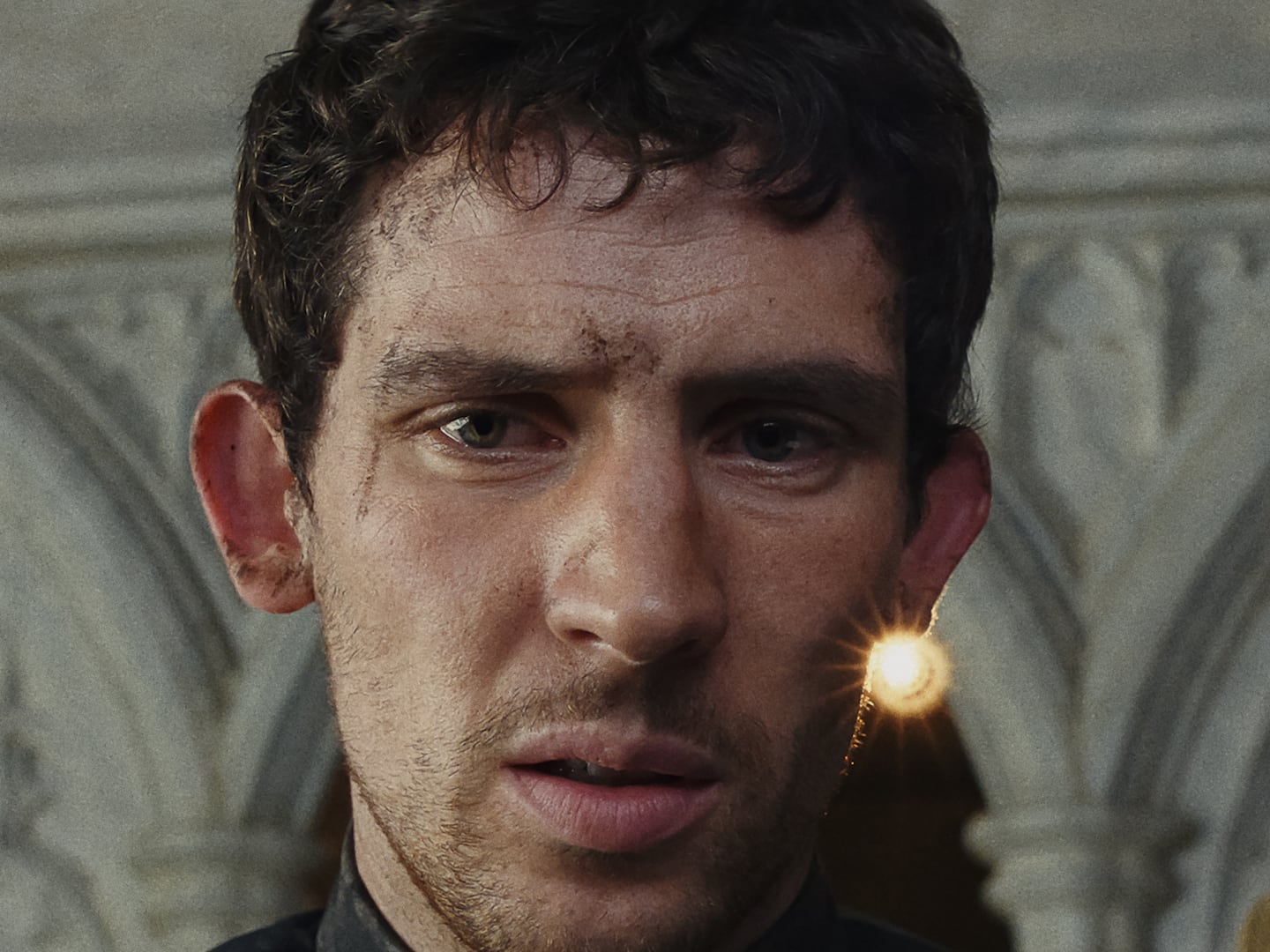Just as “elevated horror” has often been devoid of scares, Materialists is a romantic comedy that lacks the amusing fizziness that might make its amour swoonworthy.
Celine Song’s follow-up to Past Lives shares with its predecessor a fascination with the complications of love and a fondness for staging climactic scenes on brownstone stoops, if not, unfortunately, a surety of tone. Whereas the writer/director’s Oscar-nominated debut located a melancholic wavelength fit for its story, her sophomore effort embraces a lighthearted rom-com template and then plays its material inaptly seriously—making it the cinematic equivalent of a sugary soda gone terribly flat.
Materialists establishes its straight-faced earnestness with a prologue in which a caveman proposes to his beloved with a ring made from a flower. Orchestrating similarly dreamy pairings is the profession of modern-day New York City matchmaker Lucy (Dakota Johnson), who’s celebrated by her boss Violet (Marin Ireland) and her coworkers for arranging an impressive ninth marriage.
Lucy is a pragmatic careerist who believes that love is a “business deal” about ticking boxes regarding salary, height, hairline, and other computational building blocks. To her, finding clients an ideal mate is “just math,” and she repeats that mantra so frequently throughout the film that the facile notion—and the endless corresponding talk about “value,” “risk,” and “merchandise”—comes across as clichéd to the point of goofiness.
This is especially true at the nuptials of her latest triumph, where she meets Harry (Pedro Pascal), a private equity millionaire who fits so many coveted criteria that she dubs him a “unicorn.”
As befitting Materialists’ endless capitalist jargon, Harry calls superstar matchmaker Lucy a “luxury good,” and she tells him that a soulmate is simply a stranger who happens to hit desirable benchmarks.
Despite her cold, rational ethos, however, Lucy has a long-lost paramour in John (Chris Evans), whom she runs into at the wedding, where he’s working as a caterer to earn enough money to support himself while continuing to seek his big break as a theater actor.

One shared look is enough to underline that they’re made for each other. During a car ride home, though, an air of sorrow hangs over the two, at which point Song segues to a flashback to Lucy and John’s early days as a Manhattan couple. Bickering on their fifth anniversary about parking, priorities, and finances, their fight peaks with Lucy storming out of the vehicle and, in the middle of the street, telling John that she can’t stand him because he’s poor, and herself for feeling that way.
Thus the film makes clear that Lucy is a woman torn between her heart and her wallet, with John representing the former and Harry embodying the latter. At a swanky dinner, Lucy and Harry chat about the relationship between love and money, with Lucy stating, “You’re investing a lot in me” and claiming that he’s “perfect” because he’s not short and bald, dresses well, and knows how to nonchalantly handle a check.
Harry responds by telling her that he cares less about her “material assets” than her “intangible assets” and admits that he thinks they can make “great partners.” John, by comparison, is a destitute slob who lives with two disgusting roommates, drives a noisy old car, and has no discernable prospects—all obvious no-nos for his transactional ex.

Materialists’ central dynamic is tailor-made for a frothy and funny lark filled with goofy hijinks, potentially ruinous revelations, and third-act races to the airport. Yet anyone looking for a riotous gay best friend or a sassy Betty White grandma to enliven these proceedings should prepare for eye strain.
Song’s old-hat set-up would only be believable and charming if cast in comedic terms; treated with heartfelt sincerity, it resonates as schematic and one-note. Between the director’s self-conscious compositions and Daniel Pemberton’s sorrowful score, the film flirts aggressively with parody, and Johnson doesn’t help matters, delivering a performance that boasts zero effervescent charisma but plenty of bland confidence and solemnity which makes Harry and John’s interest in Lucy a mystery.
Lucy’s whirlwind affair with Harry comes to a swift halt once one of her clients, oft-rejected Sophie (Zoë Winters), has a date go very, very wrong, compelling the matchmaker to rethink her job and her guiding conviction that love is an itemizable commodity.

This creaky plot twist pushes Lucy away from one Mr. Right and into the arms of another, and Song dramatizes that journey with a preposterous bombshell about Harry (who likens his body to an apartment in need of renovations) and a prolonged bit in which Lucy and John take off to upstate parts unknown, where, through a fortuitous turn of events, they get the opportunity to crash a wedding.
Lucy narrates the sight of a father giving away his daughter at the altar as a sign-on-the-dotted line contract pact, after which she espouses stale cynical opinions about the couple’s inevitably doomed future—a monologue that comes off as hopelessly glib.
Evans strives to make John an appealing ragamuffin, yet the film renders him merely a sketchy unkempt type who shops at bodegas and has an ill-defined bad temper. The same goes for Pascal, who has debonair magnetism to spare but whose Harry is less a person than the personification of Wealth. Song doesn’t try to make either one witty, and her stabs at humor—mostly coming via two montages in which Lucy sits down with clients whose demands for a spouse are specific, unrealistic, and creepy—are lifeless. There’s nary a moment that elicits even a pitying smile.
There’s no doubt which suitor will ultimately win Lucy’s hand, but on the way to that inexorable conclusion, Song gets stuck in a no-win situation. If Lucy chooses Harry, it means that love is just a calculable quantity that has nothing to do with actual feelings. If she opts for John, however, the film winds up having to contend that love is solely about feelings, divorced from any other personal, professional, or political consideration.
As anyone who’s ever experienced love knows, neither of those situations is true; the real thing is a combination of both. Without any lively rom-com silliness to make its fairy tale ending go down smoothly, Materialists resonates as clueless about its chosen subject.









